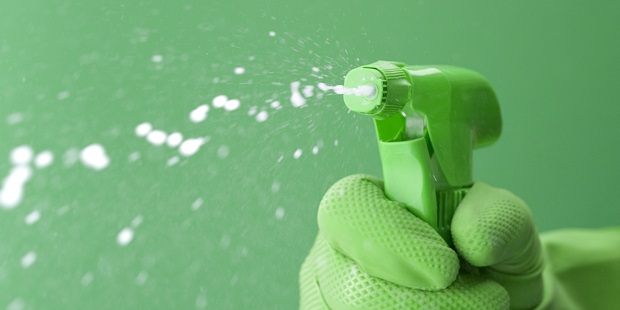An increasing number of physicians in the Twin Cities are helping patients deal with leaky gut syndrome, a little-known health condition.
Leaky gut syndrome, which is in some cases referred to as intestinal permeability, is a type of disorder that impacts a person’s digestive system. Although it affects a significant portion of the population, it is still not fully recognized by conventional physicians and is typically written off as another condition of the gut.
The lining on the intestinal wall of someone suffering from this condition usually does not permit any food particles from the intestine. In case the digestive tract gets damaged or inflamed, small holes may start to appear in the lining. Once the tiny particles of fats, undigested food, fats, toxins, and proteins escape through these pathways, the body sees them as antigens and invaders and starts to trigger antibodies to defend itself.
Functional medicine clinics such as the Pain and Brain Healing Center in Blaine have seen many patients that are experiencing problems associated with this condition.
Symptoms and Causes
Symptoms
Some of the symptoms associated a leaky gut include bloating and abdominal pain. A significant number of patients tend to experience sensitivities and allergies, particularly to gluten. Other common symptoms include muscle pain, arthritis, joint pain, and irritable bowel syndrome (IBS).
Causes
Various factors can lead to a leaky gut, some of which include caffeine and alcohol that are intense agitators of the gut and often lead to the appearance of micro holes. Other causes include excess use of anti-inflammatory and non-steroid medication such as ibuprofen.
Remedies
When it comes to a leaky gut, with some nutritional and lifestyle changes, the condition can be reversed. Some of the steps patients can take include keeping away from alcohol and excess amounts of sugar to help prevent any cases of Candida, which is one of the primary causes of a leaky gut. Remember, taking a full-spectrum probiotic can help to restore your damaged guts’ natural bacterial balance.
Another wise step would be to adopt a somewhat gluten-free diet. Although this might sound hard for some, there are various gluten free products that you can choose from.










